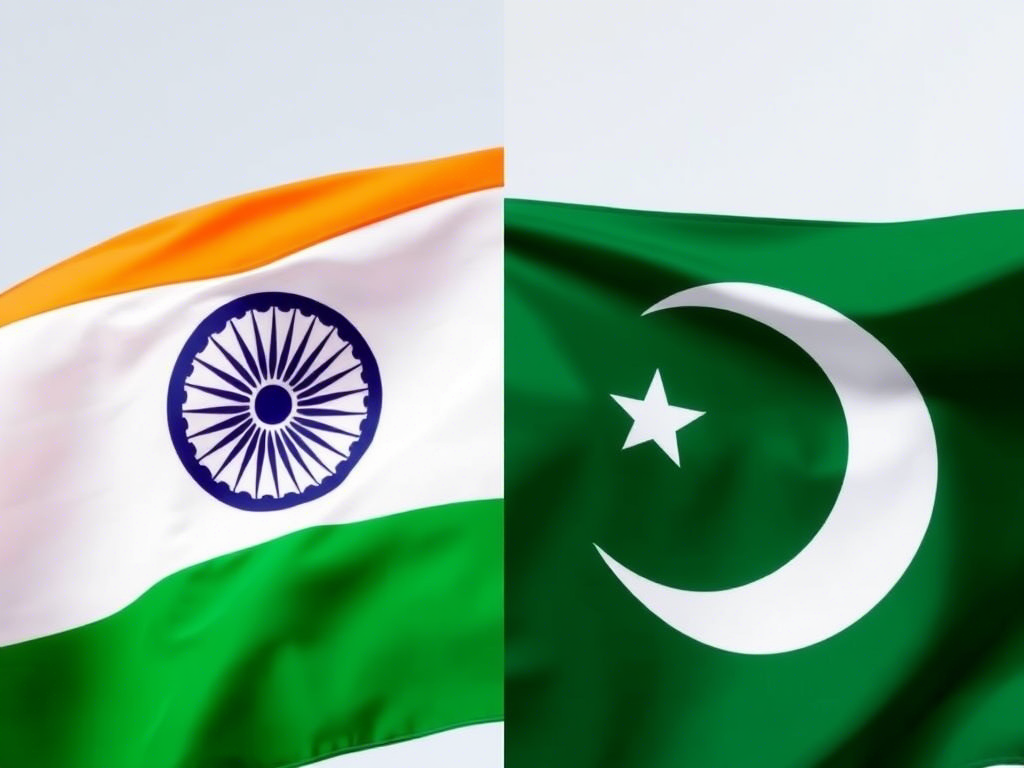So... Is This the Breaking Point?

Ever been in a relationship where things were always tense, but you held on because of “the kids,” “the house,” or “the history”?
Well, that’s exactly where India and Pakistan were—until this week.
Now? Treaties are being tossed, airspace is off-limits, and the neighbors are no longer even pretending to get along.
Let me take you through what just happened—and why it might be the biggest diplomatic shake-up in South Asia since Kargil.
Pahalgam Terror Attack
It started with tragedy. A chilling terror attack in Pahalgam left multiple Indian civilians dead. The immediate suspicion? Cross-border support.
And just like that, India decided enough was enough.
India’s Instant Retaliation:
- Suspended the Indus Water Treaty—yes, the same water-sharing pact that survived wars.
- Downgraded diplomatic ties.
- Expelled Pakistani military staff from its embassy.
- Shut down the Attari transit post.
In other words, India didn’t just send a message—it sent a megaphone blast.
Pakistan Claps Back: “Simla Agreement? Never Heard of Her.”
Pakistan responded fast—and hard.
Prime Minister Shehbaz Sharif chaired an emergency meeting and came out swinging:
- Simla Agreement? Suspended.
- Wagah Border? Closed.
- Airspace? Off-limits to Indian flights.
- Trade? Halted completely.
- And the biggest kicker? “Any attempt to divert Indus water will be considered an Act of War.”
That’s not a statement. That’s a line in the sand.
What Was the Simla Agreement Anyway?
Think of the Simla Agreement as the awkward but necessary co-parenting plan after a messy divorce—signed in 1972, post the Bangladesh war. It basically said:
- “Let’s sort things out bilaterally.”
- “Let’s not escalate stuff.”
- “Respect the LoC.”
Now with that gone, there’s... well, nothing.
Water Woes: The Indus Treaty on the Brink
If you think treaties about rivers don’t matter—think again.
Water is life in the subcontinent. The Indus Water Treaty (1960) is one of the most enduring international agreements—brokered by the World Bank, no less.
India controlling the flow of rivers like the Beas, Ravi, and Sutlej to Pakistan isn’t just a bargaining chip—it’s a pressure valve. And now? That valve’s being closed.
Pakistan’s response? A chilling declaration that any diversion would be a declaration of war.
Yup. Water has officially become a weapon.
Borders, Trade, Airspace—Everything’s Shut
Here’s a quick snapshot of how deep the freeze has gone:
| Area | India’s Action | Pakistan’s Retaliation |
|---|---|---|
| Diplomatic Ties | Downgraded, military attaches expelled | Reciprocated |
| Treaties | Indus Water Treaty suspended | Simla Agreement suspended |
| Borders | Attari transit post closed | Wagah border sealed |
| Airspace | Not blocked (yet) | Closed for Indian flights |
| Trade | Halted by both | Halted by both |
By the way, this means no buses, no goods, no flights, no talks. We’re looking at a complete diplomatic shutdown.
Is This Just Posturing or Something More?
Some analysts argue this is classic tit-for-tat diplomacy. Like two chess players sacrificing pawns to protect the king.
But here’s the thing: when both players throw away the rulebook... it’s not chess anymore. It’s a bar fight.
And what’s worrying is the emotional language both sides are using—"Act of War," "terror-fomenting," "non-adherence to international law." That’s not bureaucratic speak. That’s battle talk.
So, Where Does This Leave Us?
Honestly? We’re in uncharted waters.
Never before have both the Simla Agreement and Indus Water Treaty been simultaneously suspended. The few threads keeping India and Pakistan from unraveling are now either cut or dangerously frayed.
If you're thinking, “Well, we’ve been here before”—not exactly like this.
And that’s what makes it so concerning.
FAQ: Everything You’re Wondering About Right Now
Q1. Why did India suspend the Indus Water Treaty?
India linked it to the Pahalgam terror attack, accusing Pakistan of cross-border terror support. It’s seen as both punishment and leverage.
Q2. Can Pakistan legally suspend the Simla Agreement?
Technically, no. But in practice, international agreements only work if both sides agree to play by the rules.
Q3.What does shutting airspace mean for travelers?
Indian flights can no longer use Pakistani airspace—this will lead to longer, costlier routes for flights to the Middle East and Europe.
Q4.Could this lead to war?
We’re not there yet. But water disputes, suspended treaties, and escalated rhetoric do raise serious red flags.
Where Do You Stand?
This isn’t just politics—it’s personal. When two nuclear-armed neighbors slam every door shut, it affects trade, tourism, families, and yes—hope.
As someone who grew up seeing Indo-Pak cricket matches and cross-border bus diplomacy, this feels like watching the bridge burn in real time.
But hey—maybe bridges can be rebuilt. Maybe.

